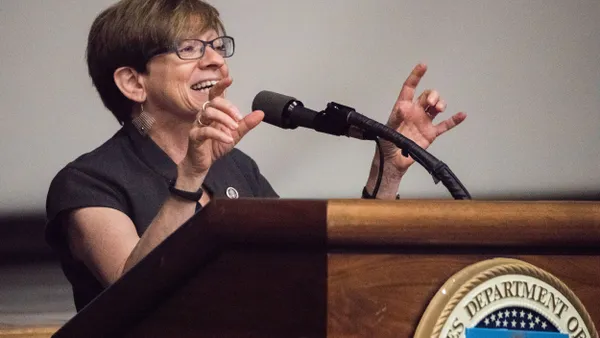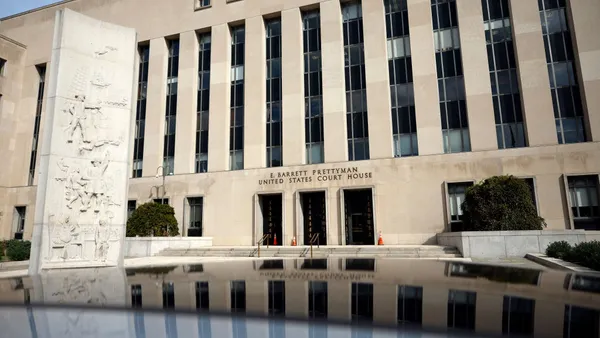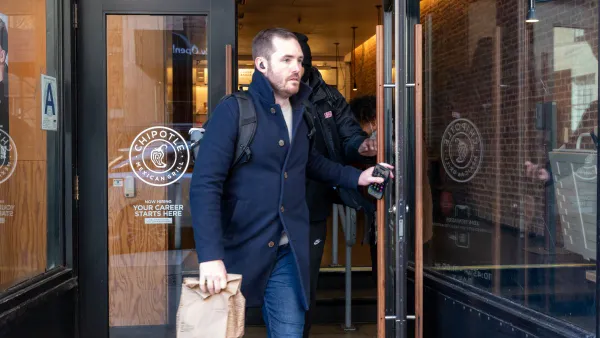Dive Brief:
- A three-member panel of the National Labor Relations Board (NLRB) affirmed Dec. 7 an agency judge's ruling that Nestlé USA violated the National Labor Relations Act (NLRA) when it suspended and discharged an employee at a Wisconsin frozen pizza facility who reported a line coordinator's racist comment.
- Per court documents, the employee and several co-workers submitted a petition to their HR department complaining about the comment. Nestlé did not investigate the claim at the time, but it did suspend the line coordinator without pay in response to the petition. However, the employee, who felt the line coordinator should have been terminated, reported the comment to a different supervisor. Nestlé investigated the incident but suspended the employee and later discharged the employee following the report.
- The NLRB judge found Nestlé violated the Act not only when it suspended and discharged the employee because of the employee's protected concerted activity, but also when it "coercively" instructed employees not to disclose aspects of its investigation and interrogated employees about their protected activity. Nestlé did not immediately respond to a HR Dive request for comment.
Dive Insight:
The judge's decision is notable in its invocation of a January decision that overturned prior board precedent on confidentiality policies around workplace investigations.
In Apogee Retail LLC d/b/a Unique Thrift Store and Kathy Johnson, NLRB held that employers do not violate the NLRA when they create facially neutral policies requiring employees to maintain confidentiality during workplace investigations. This overturned a 2015 decision in which the Board held that a case-by-case determination was required to determine a need for confidentiality.
In Nestlé USA, an HR representative told the employee who reported the line coordinator's comment that "we don't want you to talk to anybody" following the employee's suspension. Nestlé argued the rep's comment was lawful because the company required confidentiality to ensure the integrity of its investigation. But the NLRB judge held the rep's comment did not contain a time limitation and "was worded so broadly that it prohibited [the employee] from talking to any employee about any disciplinary issue." Therefore, the comment violated Section 8(a)(1) of the Act, the judge said.
Additionally, the HR generalist assigned to investigate the employee's complaints was "unlawfully coercive" in repeatedly questioning the employee about whether he had spoken about the comment with other employees, the judge said. NLRB has found similarly in other cases, including a 2018 decision involving an employer's questioning of an employee who appeared in a flyer discussing workplace conditions.















